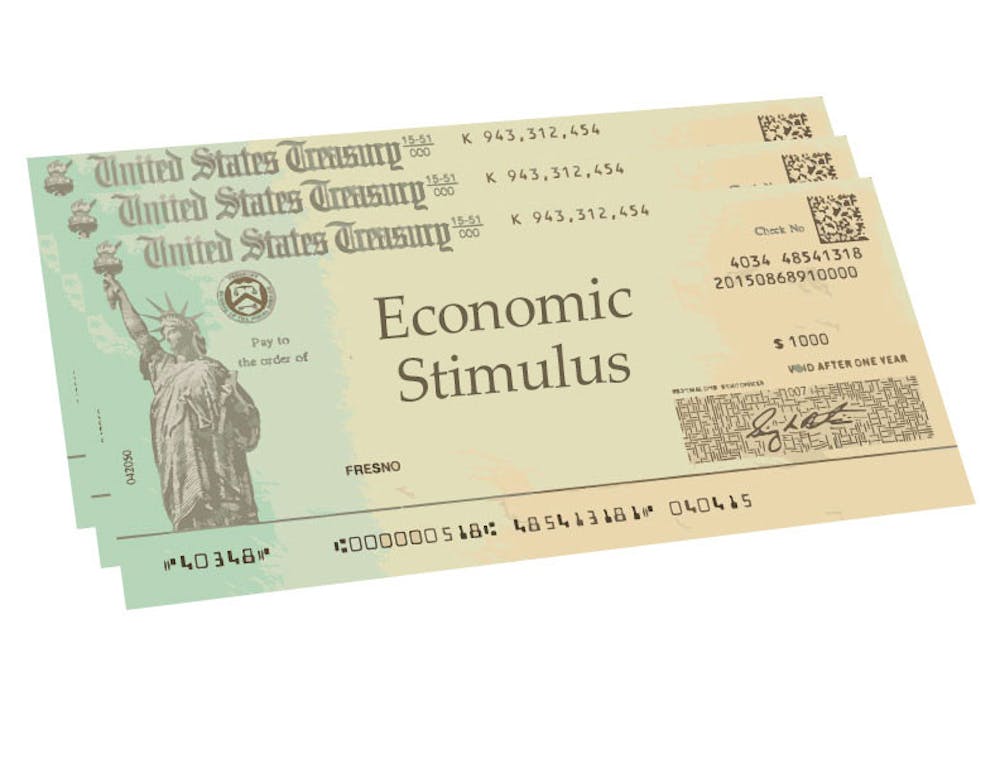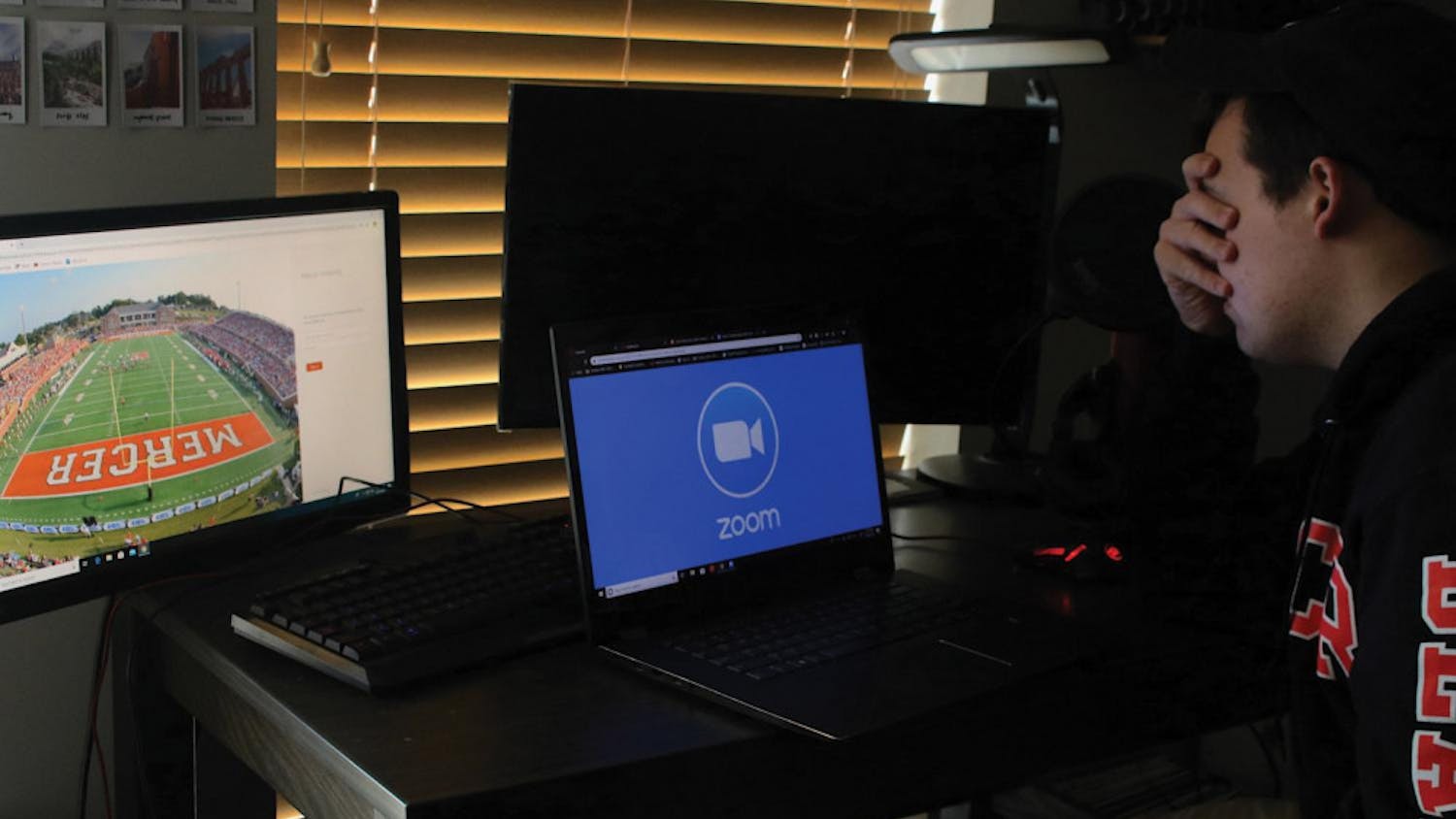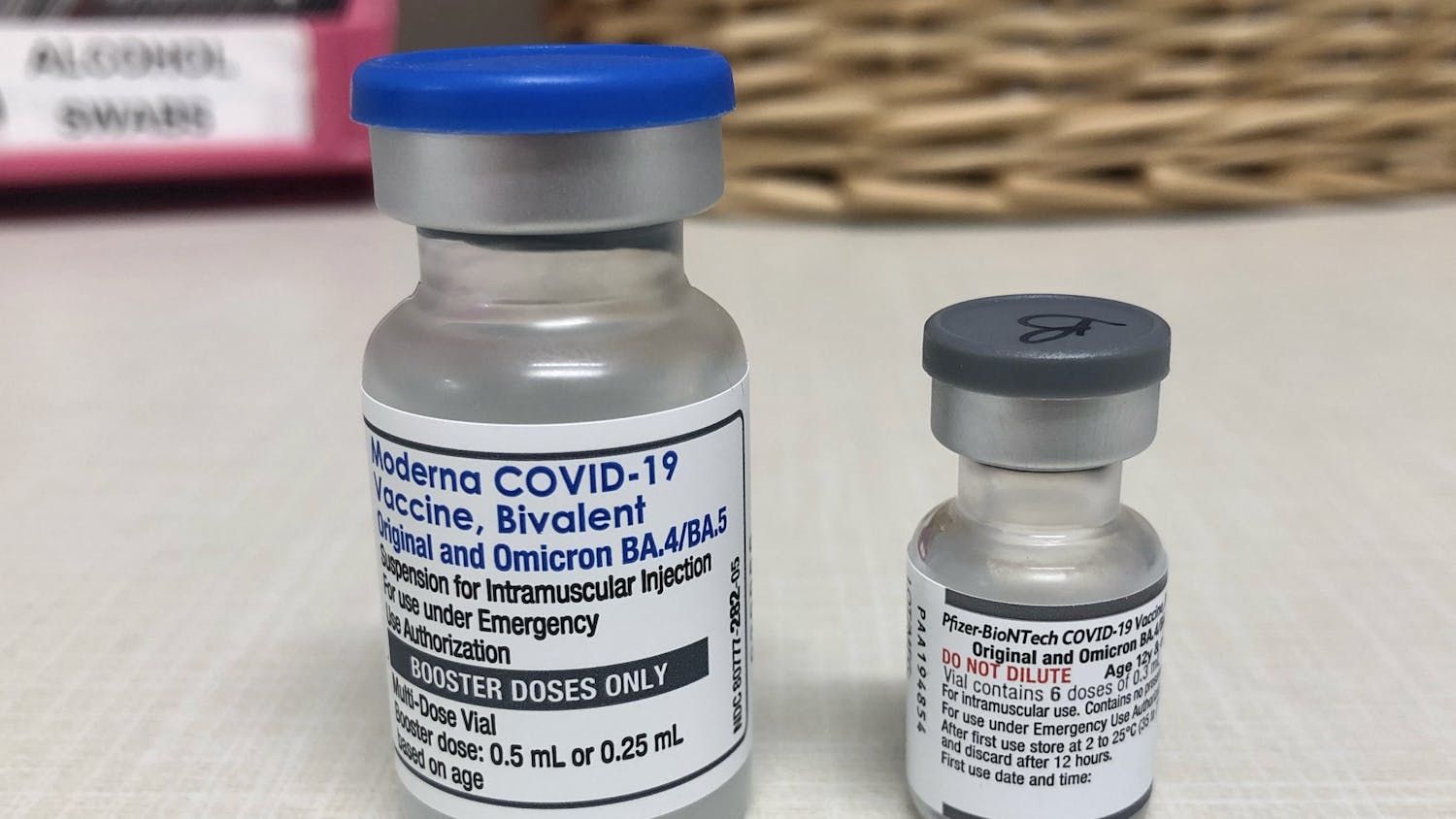President Donald Trump signed a $2 trillion economic stabilization plan, the largest of its kind in United States history, to provide relief to the Americans facing sudden unemployment or under-employment during the COVID-19 response.
Most American adults will receive up to $1200 via direct deposit, although the amount may be adjusted based on their income, with an additional $500 per child under 16 years old. But it’s not just the deposit — the bill also affects student loan payments and expands the definition of who can receive unemployment benefits.
Will I receive a relief check?
Most “traditional” college students will be excluded from the direct deposit. If a student was claimed as a dependent on a 2019 tax return, or if someone else pays for at least half of their expenses, they will not receive emergency aid, according to The New York Times’ rundown on the stimulus package. The majority of students under age 24 are still considered dependents.
If nobody considers you their dependent, no matter your age, you may be eligible for the funds. There are limitations, however, so be sure to check the full guidelines.
Am I eligible for unemployment benefits?
Students who are not dependents may be eligible for unemployment benefits if they “are unemployed, are partly unemployed or cannot work for a wide variety of coronavirus-related reasons.” One of those reasons? If your workplace has closed its doors due to the outbreak—a fate which has befallen many Georgia restaurants, bars and small businesses. Part-time workers and gig workers, including rideshare and delivery drivers, sex workers and those who work on a freelance basis, are also eligible for benefits for the first time in U.S. history.
You cannot receive unemployment benefits if you are a dependent, if you can work from home or if you are receiving paid sick or family leave. You are also ineligible if you are new to the workforce and unable to find your first job due to the coronavirus or economic fallout, which may be an important caveat for students graduating at the conclusion of this spring semester.
Will my student loans be suspended?
The answer depends on whether your loans are private or federal.
The Department of Education (ED) announced March 13 that the Office of Federal Student Aid would waive interest for all borrowers with federally held student loans for at least 60 days. “That includes Direct Loans, as well as Federal Perkins Loans and Federal Family Education Loan (FFEL) Program loans held by ED,” according to StudentAid.gov
Interest has been suspended already — you don’t have to do anything to begin that process.
ED later announced in a March 20 release that borrowers can suspend payments entirely for up to two months. To take advantage of this assistance, borrowers need to call their loan servicer to request a waiver, according to The New York Times. The only exception would be if a borrower was already more than 31 days late on their most recent payment; in that case, their servicer would suspend subsequent payments automatically.
Suspensions are not guaranteed for students with private loans. Sallie Mae and Navient, two large private lenders, both committed to offering suspension for up to three months, but borrowers must contact the companies to let them know how their finances have changed due to COVID-19 in order to have their loans suspended. Students are encouraged to contact their private lender with questions.
What if I’m undocumented?
If you’re a part of the Deferred Action for Childhood Arrivals (DACA) program with Temporary Protected Status, you should still be eligible for both the direct deposit and unemployment aid, according to KQED — but that’s if you’re not a dependent. Mixed-status families are likely to be excluded, and unemployment insurance will be offered only to immigrants with work permits.
“A U.S.-citizen wife who is married to an undocumented husband, or Dreamer children with undocumented parents—those families, if they’re filing tax returns together, would not be eligible for the cash payment,” Marielena Hincapié, executive director of the National Immigration Law Center, told The New Yorker March 31.
Direct deposits and unemployment benefits are not available for immigrants who do not have a Social Security Number, regardless of whether they pay taxes using an Individual Taxpayer Identification Number, according to the Institute on Taxation and Economic Policy.
What resources are available to me if I have more questions?
For general information, The New York Times has updated their F.A.Q. about all aspects of the economic stimulus bill as recently as March 31. The Times also maintains a hub for help figuring out your finances during the coronavirus crisis. The federal student aid website published an FAQ about aid and loans in the time of COVID-19 as well.
If you have questions about your aid at Mercer University, the federal student aid website encourages students to contact their school. The website also says that students with a federal Work-Study job can contact their school about possibly receiving payment for scheduled hours or completing their work through other means, such as working from home.
Mercer’s Office of Financial Planning staff are available Monday through Friday from 8:30 a.m. to 5 p.m. at (478) 301-2670 for Macon students, (678) 547-6444 for Atlanta students or (478) 796-9480 via text. You can also email your financial aid counselor, whose name and contact information is available on your MyMercer homepage.





